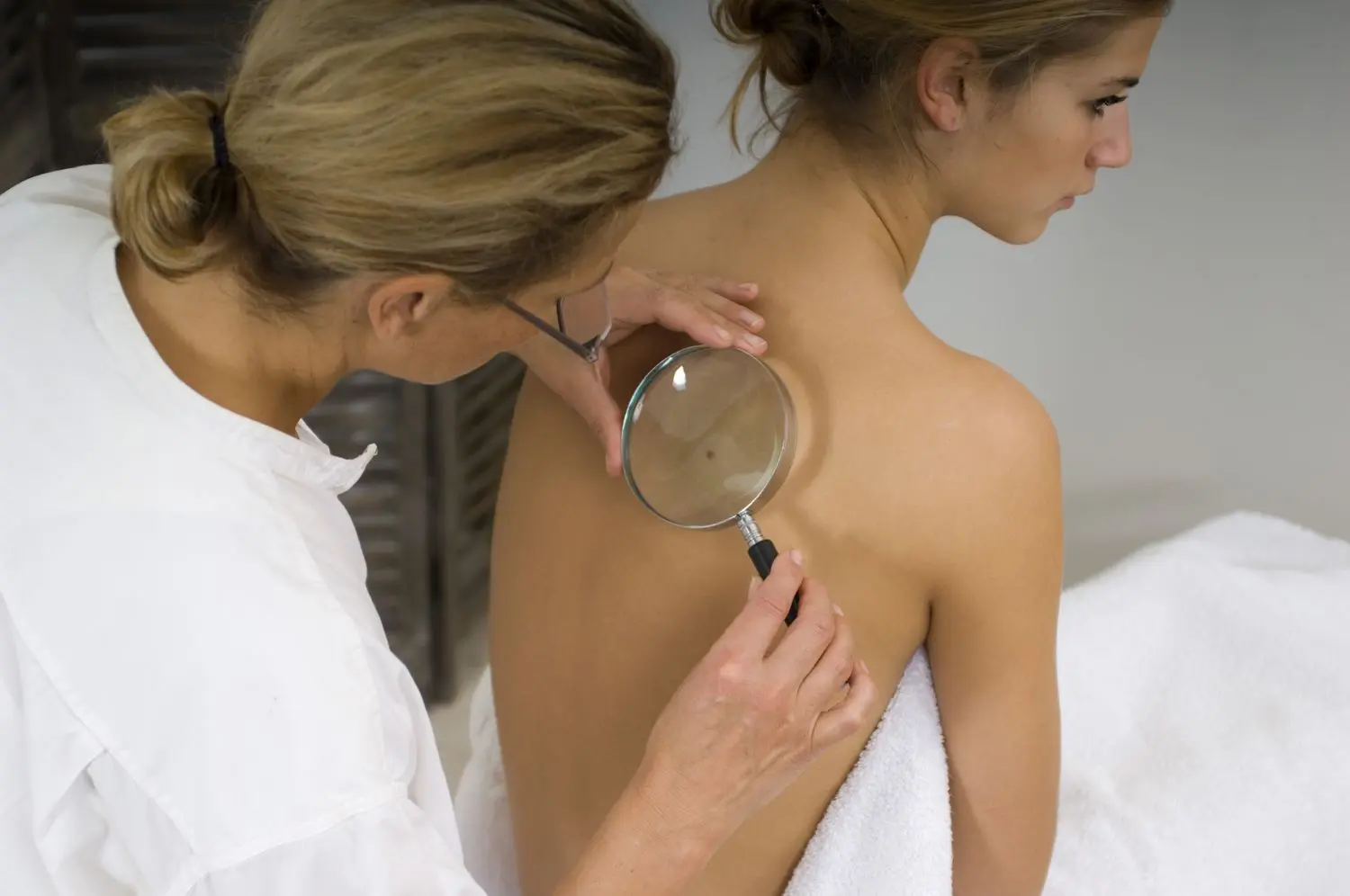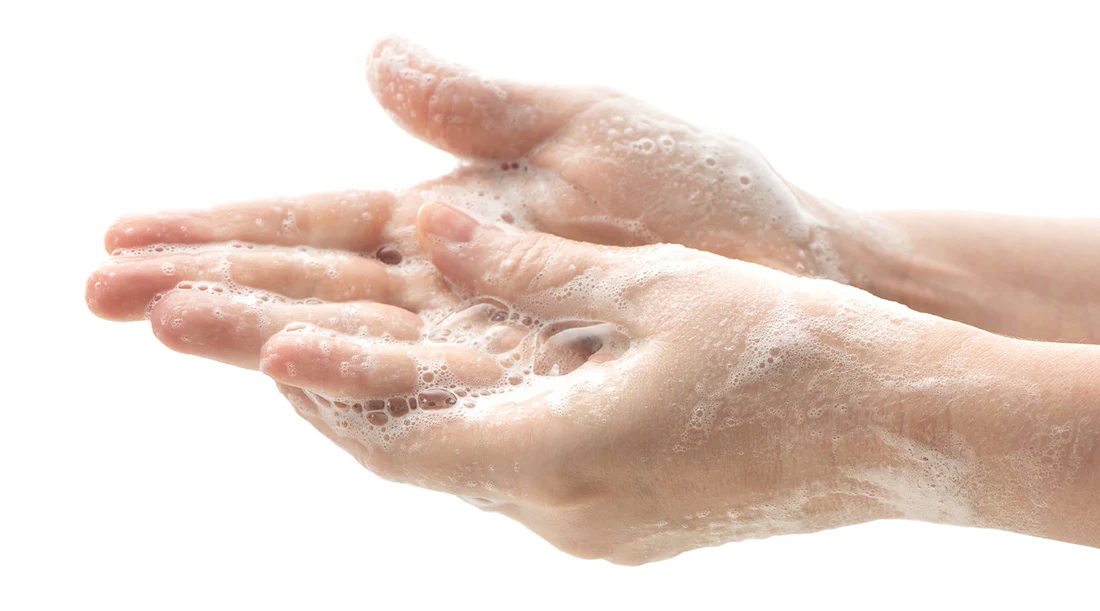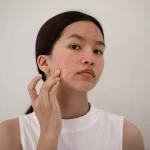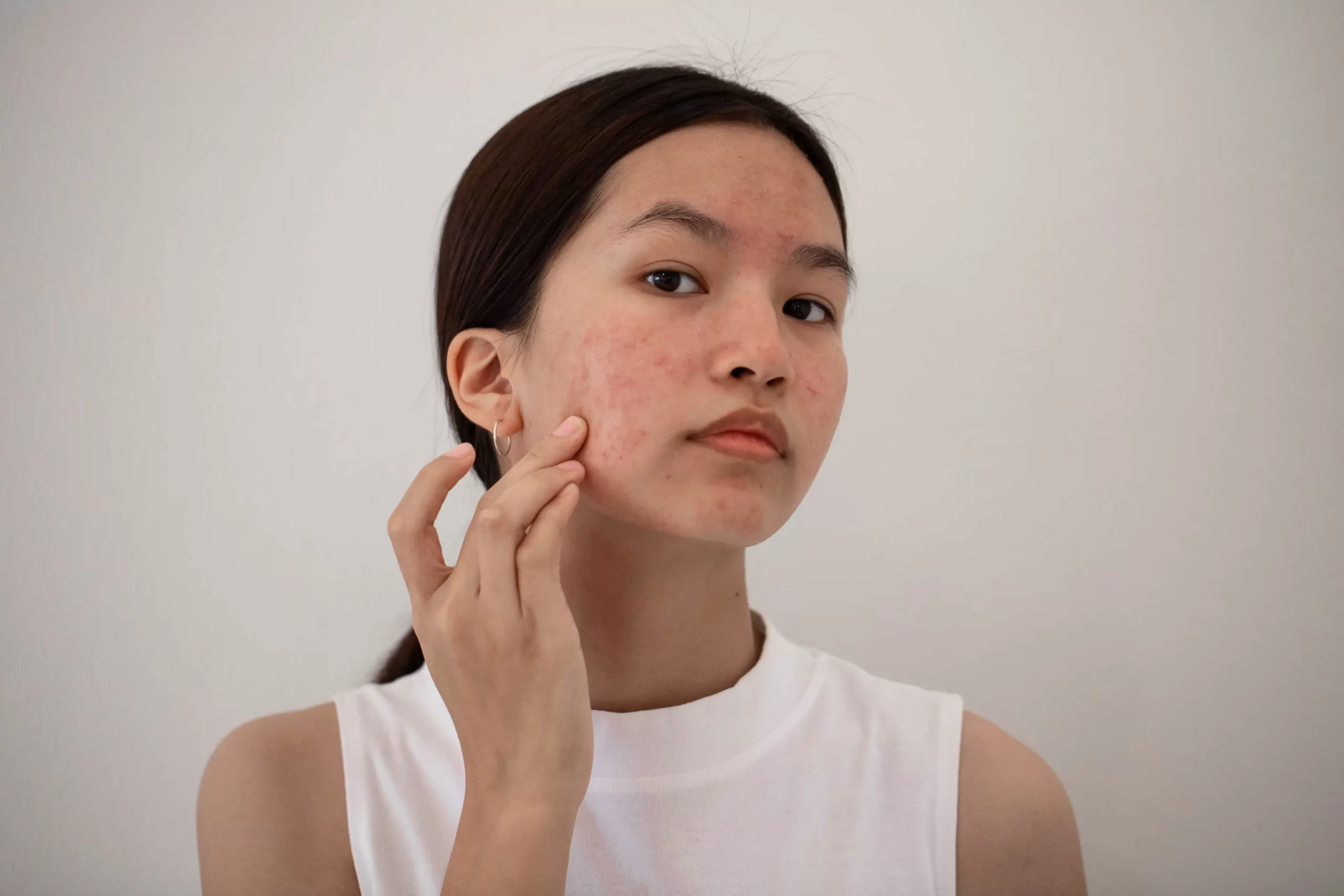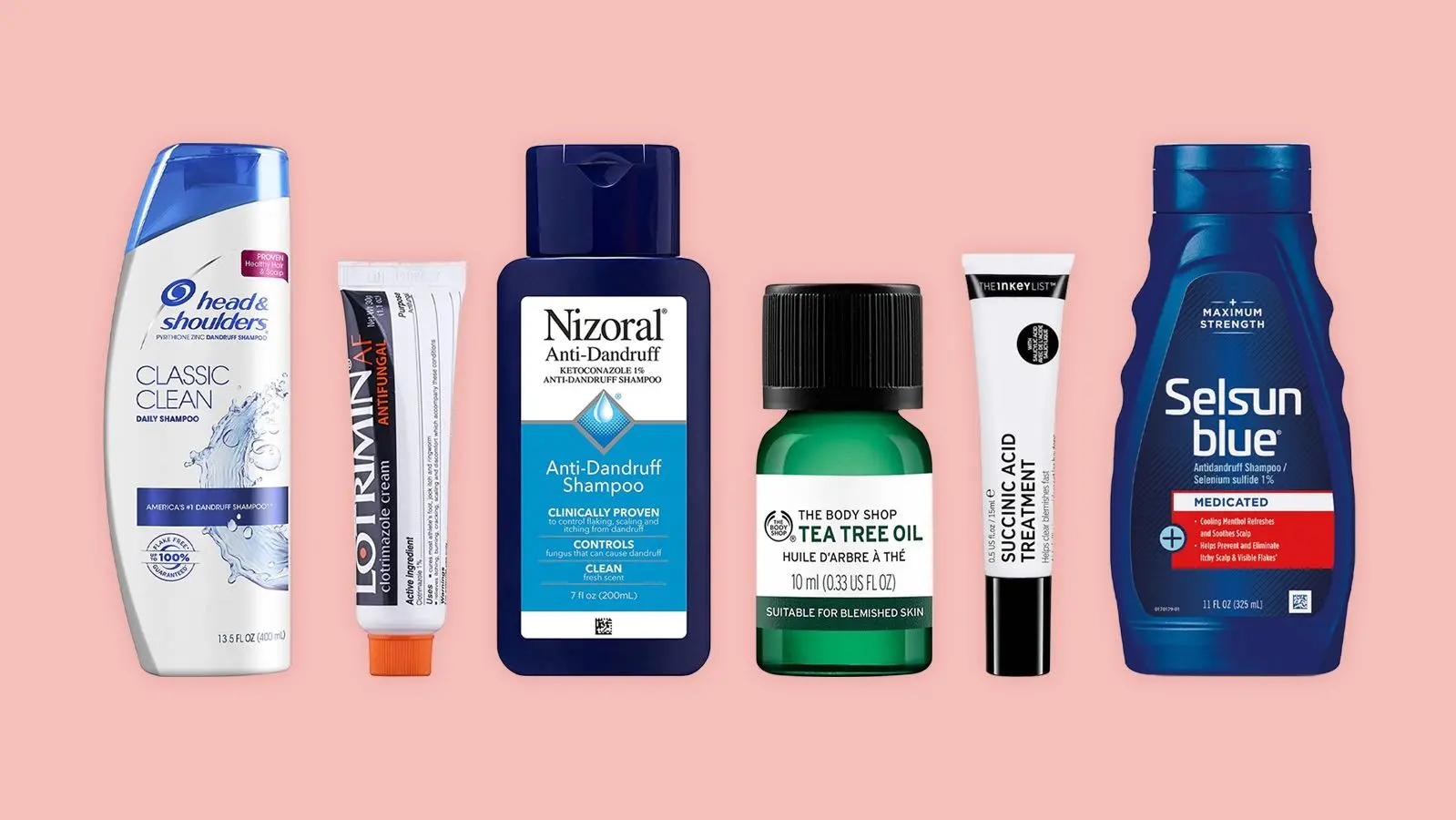DermOnDemand, led by board-certified dermatologist Dr. Hannah Kopelman, makes it simple to understand what a dermatologist does at an appointment. Patients often wonder what to expect at a dermatologist appointment, and this guide explains the process step by step so you can feel prepared and confident.
Key Takeaways
- A dermatologist appointment typically includes a review of medical history, a focused or full-body exam, and, if necessary, procedures like a skin biopsy for early detection of skin cancer.
- Patients should arrive prepared by bringing a list of medications and concerns, while avoiding makeup or nail polish so the dermatologist can fully examine the skin.
- Dermatologists can order blood work when needed, but they usually do not check blood pressure or weigh patients unless treatments require it.
- Common conditions treated include acne, eczema, rosacea, psoriasis, hair loss, and suspicious moles, with treatment options ranging from topical prescriptions to in-office procedures.
- Online dermatology services like DermOnDemand provide faster access, allowing patients to receive a personalized prescription plan from a board-certified dermatologist within 24 hours.
What to Expect at Your First Visit
Dermatologist First Appointment: What Happens and What to Expect
At your first dermatology appointment, the dermatologist will ask about your medical history, current medications, and any skin issues that concern you. They will examine your skin closely, sometimes using a dermatoscope for better detail. If needed, they may take a skin biopsy to rule out suspicious mole changes or skin cancer.
First Appointment for Acne: What to Expect
If acne is your main concern, the dermatologist will review your breakouts, triggers, and past treatments. Patients often search for what to expect at their first dermatologist appointment for acne, and the answer is simple: you will receive a personalized plan based on your skin type and severity. They will discuss prescription treatment options, such as topical retinoids or oral medications, designed to improve skin health. You will also learn about possible side effects and expected results over time.
Appointment for Moles: What to Expect
When you visit for mole checks, the dermatologist performs skin cancer screenings. They look for any skin lesions or growths that appear unusual. Early detection is key, and if something looks suspicious, a biopsy or mole treatment may be recommended.
What to Bring to First Dermatologist Appointment
Bring a list of your medications, health history, and details of past skin problems. Write down questions about your skin, hair loss, or nail concerns. This helps your dermatologist provide the most accurate dermatology services.
What Not to Do Before a Dermatologist Appointment
Avoid wearing makeup, nail polish, or heavy lotions before your visit. These can hide skin lesions and make it harder for your dermatologist to examine your skin fully. Wear loose clothing if you expect a full-body exam.
What a Dermatologist Appointment Consists Of
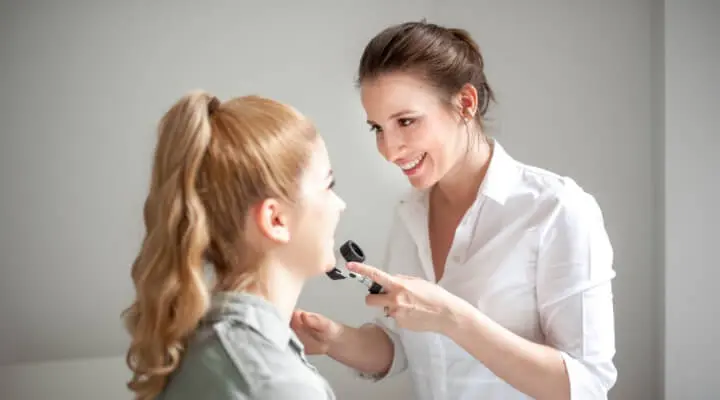
What to Expect During a Dermatology Exam
A typical dermatology exam begins with a review of your health and concerns, followed by a targeted or full-body skin check. The dermatologist will examine your skin, hair, and nails to identify conditions that may affect overall health.
Medical History and Health Review
The dermatologist will ask about past skin issues, allergies, medications, and whether you have seen a primary care physician for related problems. This helps them connect your skin health to your overall health.
Skin Exam vs. Full-Body Check
Some patients only need a focused exam of specific skin problems, while others benefit from a head-to-toe skin cancer screening. A full body skin exam improves early detection of skin lesions and suspicious mole changes.
Do Dermatologists Check Private Areas?
Yes, if you agree and if there are skin concerns in private areas. Dermatologists are trained to check all skin safely and respectfully.
Can a Dermatologist Order Blood Work?
In some cases, yes. A dermatologist can order blood work if needed to rule out underlying conditions that affect your skin, hair, and nails.
Does a Dermatologist Check Blood Pressure?
No, most dermatologists do not check blood pressure unless related to treatment side effects. That is usually done by your primary care physician.
Do They Weigh You at the Dermatologist?
Weight checks are not routine. They may only weigh you if a specific treatment option requires it, such as certain medications for skin issues.
Conditions and Treatments
What Does a Dermatologist Treat
Dermatologists treat acne, eczema, psoriasis, rosacea, hair loss, skin cancer, and many other skin problems. They address conditions affecting skin, hair, and nails with both medical and cosmetic dermatology services.
In-Office Procedures and Prescriptions
Common procedures include skin biopsies, mole removals, and cryotherapy for skin lesions. Dermatologists also prescribe advanced treatment options such as topical creams, oral medications, or injections to restore healthy skin.
Appointment Length and Cost
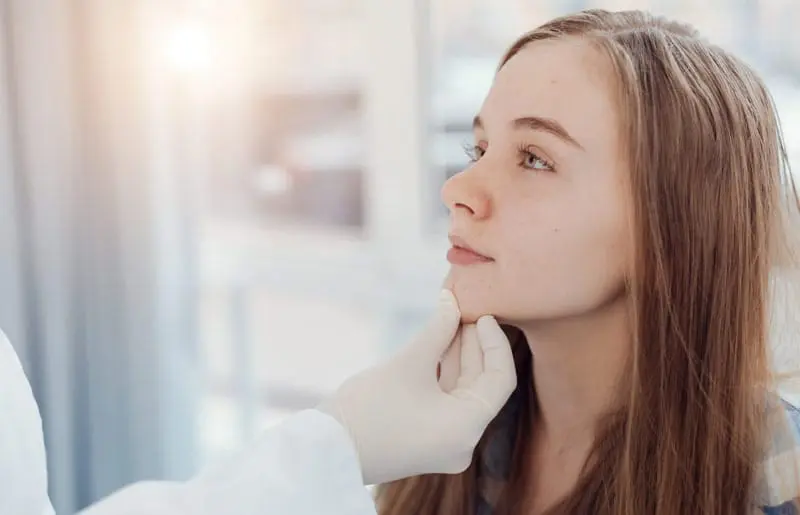
How Long Does a Dermatologist Appointment Take (First Visit vs Follow-Up)
How long does a dermatologist appointment take? A first visit often takes 30 to 45 minutes, while follow-ups are usually shorter.
How Long Does It Take to Get a Dermatologist Appointment
In many areas, wait times can be weeks. Searching for urgent dermatology near me often shows limited options, but with DermOnDemand, you can see a dermatologist online and get a prescription plan in less than 24 hours.
Dermatologist First Visit Cost
The cost of a first visit depends on location, insurance, and services provided. In-person visits may vary, while online consultations with DermOnDemand offer clear pricing and quick access to treatment options.
Online vs In-Office Dermatology Care
Faster Access with Online Consultations
DermOnDemand makes it possible to skip long waits. Patients can complete a secure form, upload photos of skin issues, and receive expert care quickly.
Prescription Plans Within 24 Hours
A board-certified dermatologist reviews your case and delivers a personalized plan, often within 24 hours. Medications are shipped directly to your home for convenience.
Is Online Dermatology Legit?
Yes. Online care is safe, private, and effective for common skin problems like acne, rosacea, and hair loss. It complements in-office visits for more complex cases.
Finding a Dermatologist Near Me: Online vs Local
Searching “dermatologist near me” may lead to long waits. With online care, you access dermatology services without travel, making it easier to manage skin health on your schedule.
Next Steps After Your Appointment
When to Schedule a Follow-Up
Follow-ups depend on your condition. Some treatments need monthly checks, while routine skin cancer screenings are recommended yearly.
How to Get Ongoing Treatment
Stay consistent with your dermatologist’s plan. Use prescribed medications as directed and report any side effects. With DermOnDemand, you can request adjustments to your treatment plan online.


